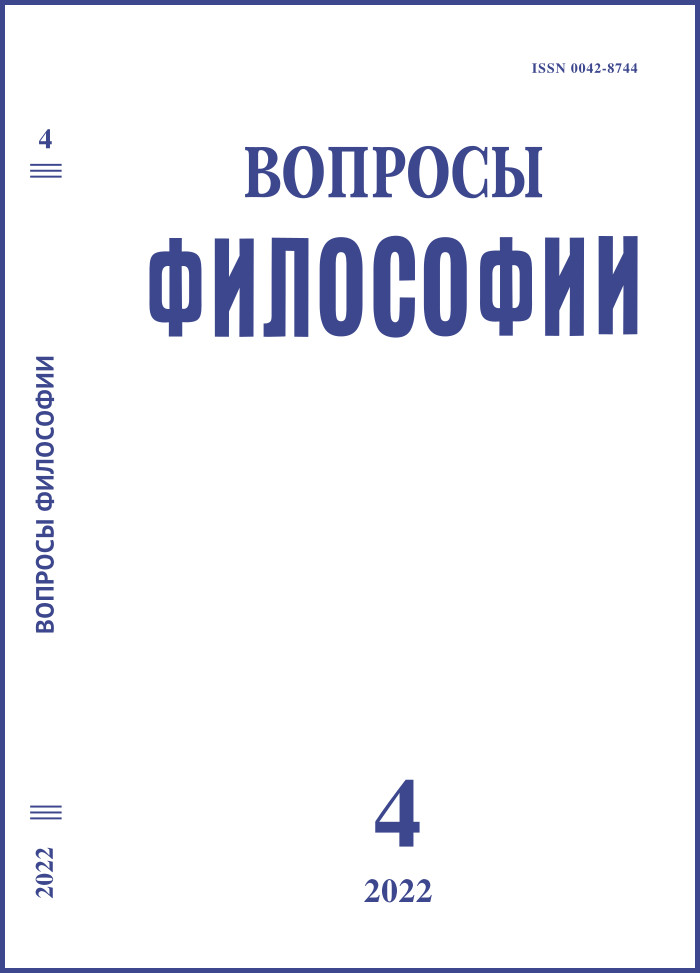Illusionism as a Theory of Consciousness. Part II
DOI:
https://doi.org/10.21146/0042-8744-2022-4-59-71Keywords:
illusionism, philosophy of consciousness, hard problem of consciousness, theory of consciousness, qualia, phenomenal properties, phenomenal consciousness.Abstract
This is the second part of the article devoted to the approach to the problem of consciousness, which is called illusionism. Illusionism claims that phenomenal consciousness is illusory, because conscious experience is misrepresented as having phenomenal properties. Illusionism replaces the hard problem of consciousness with the problem of illusion. In this part, special attention is paid to the justification of illusionism and pointing out its advantages over radical and conservative realism. The critical part does not aim to refute the mentioned approaches or provide a definitive argument for illusionism, but to show that such a view has its own strengths, and following the illusionist position can have its own prospects. In addition, this part presents several positive arguments in favor of illusionism, demonstrating that liberation from the metaphysical framework of realism can give a new impetus to the philosophy of consciousness. As a response to criticism, the article considers arguments often cited as reproaches to illusionists. Among these arguments are the accusation that illusionism does not take into account the immediate data of consciousness; the indication of the gap between illusion and reality that needs to be filled, as well as the problem of the Cartesian theater – the inner viewer, which distorts experience, forcing us to believe the existence of a phenomenal consciousness.
Downloads
Published
Versions
- 2025-02-06 (2)
- 2022-04-30 (1)

